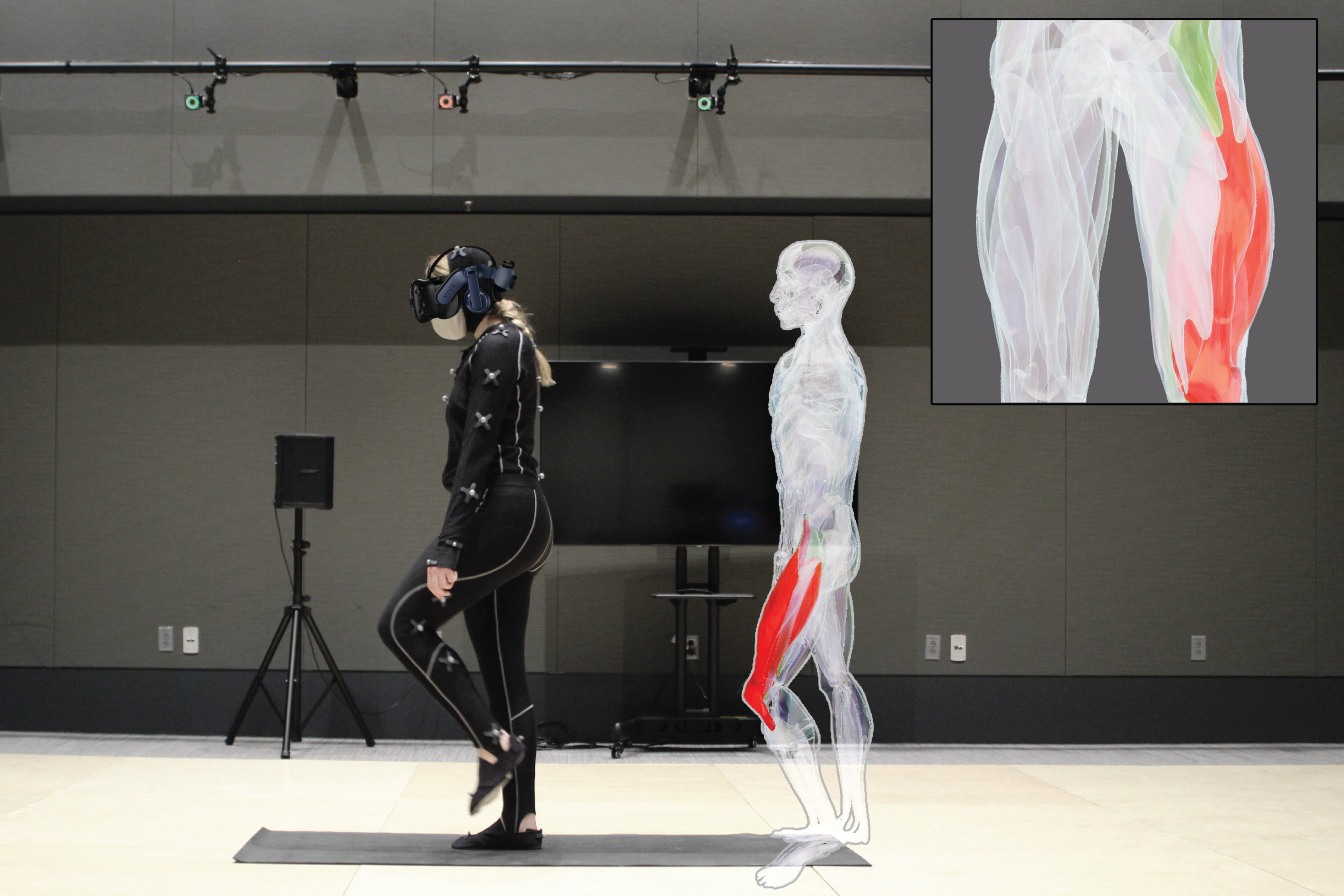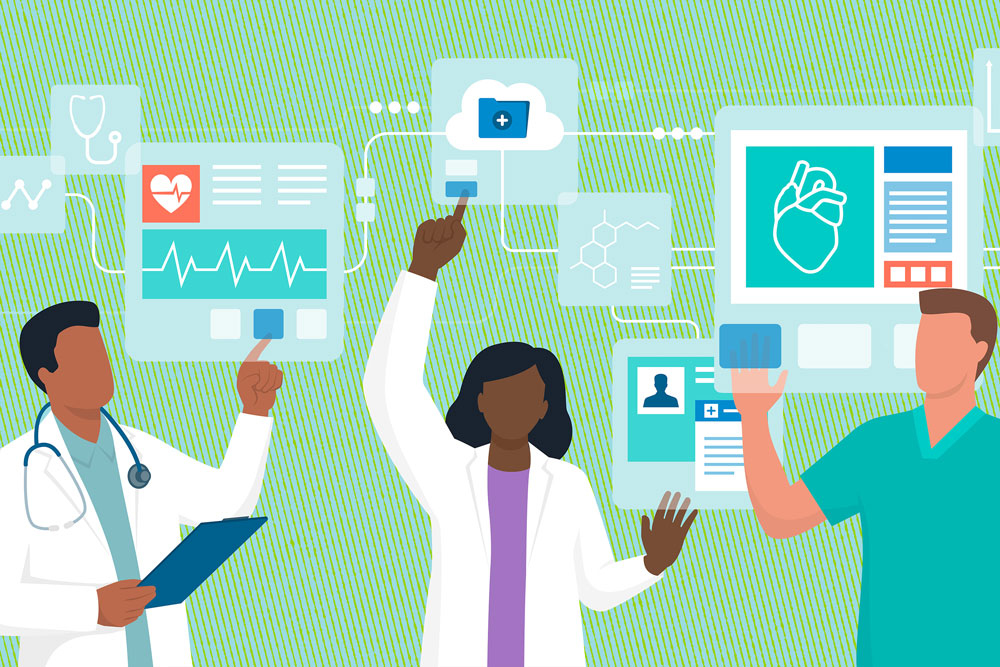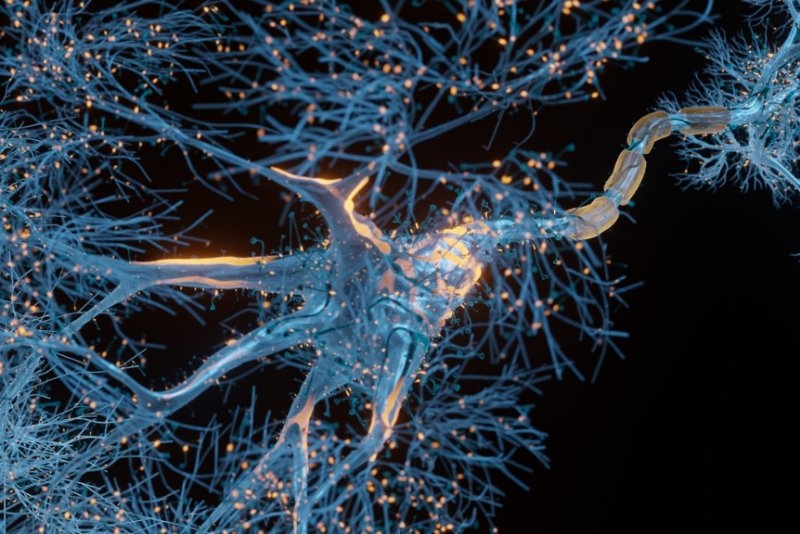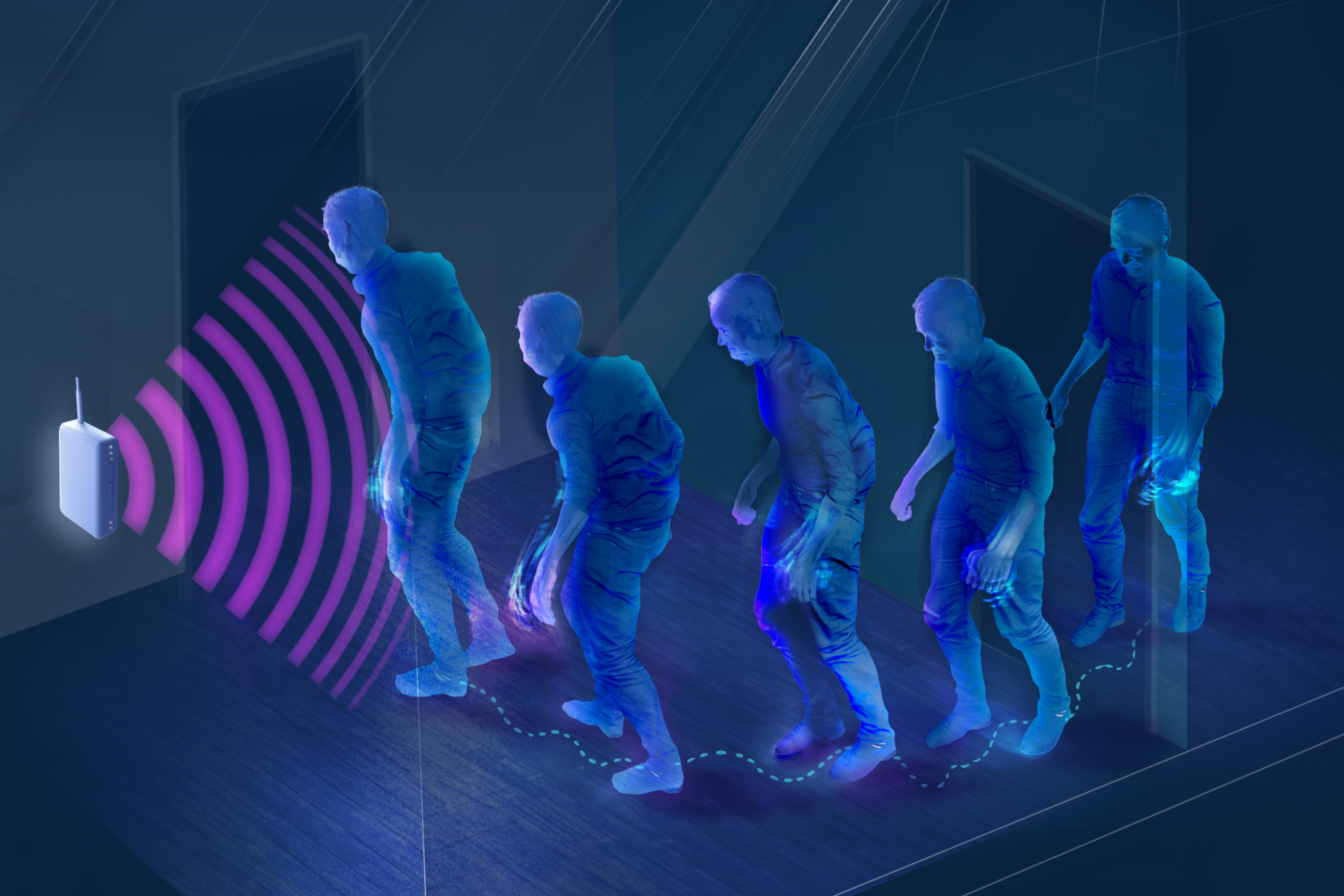8 billion people: Four ways climate change and population growth combine to threaten public health, with global consequences
The human population has doubled in 48 years, and worsening climate change has left the world facing serious health risks, from infectious diseases to hunger and heat stress.
Nov. 10, 2022 • ~9 min










